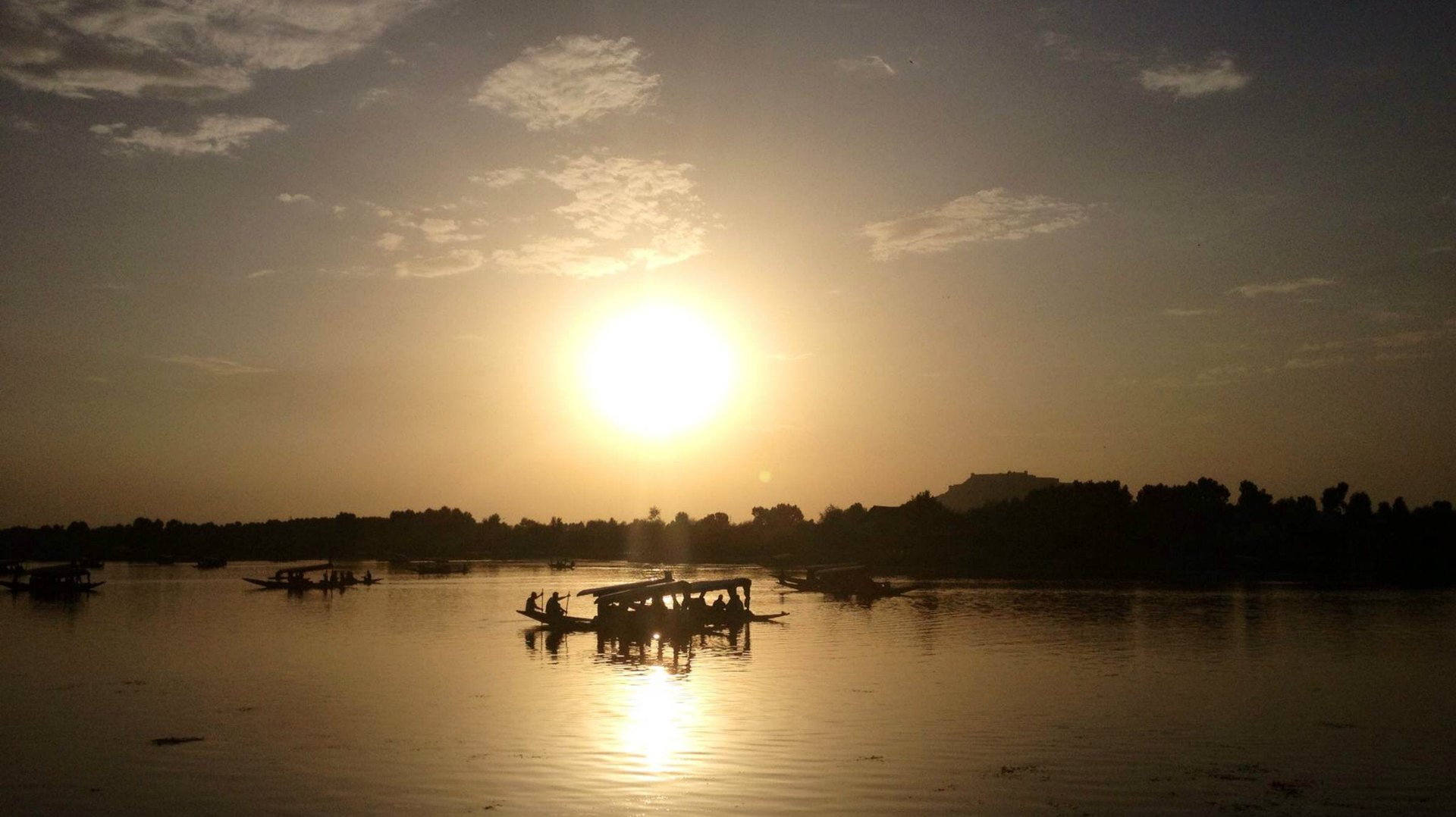Some Kashmiri Pandits back Modi as they think of their long-lost homeland
Kamal Hak fled his home in Kashmir in 1990, during an insurgency by Muslim separatists that wanted break free from India. Now Hak has cast his vote for the Bharatiya Janata Party because he said he believes its prime ministerial candidate, Narendra Modi, is the one who is really listening to the thousands of Kashmiri Pandits who were forced to abandon their homeland.


Kamal Hak fled his home in Kashmir in 1990, during an insurgency by Muslim separatists that wanted break free from India. Now Hak has cast his vote for the Bharatiya Janata Party because he said he believes its prime ministerial candidate, Narendra Modi, is the one who is really listening to the thousands of Kashmiri Pandits who were forced to abandon their homeland.
“I voted for the man, not the party,” Hak told Quartz. “He has fired the imagination of the people across the country.” The BJP has promised in several recent elections to return Pandits to Kashmir, but this is the first time Hak has voted for the party. He believes Modi will take action, he said.
The violent anti-India movement that started in the late 1980s in Kashmir resulted a huge exodus of upper caste Hindus like Hak, some who say they fled their homes in the face of death threats. Some estimate that about 200 Kashmiri Pandits were killed during the time. There were 350,000 Hindus in Indian-occupied Kashmir in 1980; today there are only about 3,000.
Since then, Hindu Pandits say the government has not property assessed the death toll, investigated the events that led to their exodus, prosecuted killers, recognized their displacement, or protected the Hindu temples in the Valley. Over the years, both central and state governments have claimed to offer incentives for Pandits to return, including financial packages for the reconstruction of homes and bans on the sale of their property or temple lands.
But Pandits say that such measures have not been enforced. And any political decree granting more land to Hindus, or removing Muslims who have settled in those areas, is likely to be highly controversial and could spark more violence in the valley, where militant activity is already increasing.
The exodus was particularly upsetting to Pandits because Hindus have lived in the Kashmir for centuries before Islam spread there. Muslims and Hindus in Kashmir have similar names because so many Hindus converted to Islam. Some Muslims even have Pandit as their family name.
Amal Magazine, 37, whose family fled Kashmir in 1990, said that having to visit his homeland as a tourist was painful. “Our identity is disappearing,” he said. Magazine, a services consultant in Delhi, voted for the first time in the 2014 election (for the BJP) because he said he feels confident about Modi ensuring that “Kashmir would remain part of India’s map.”
Still, some Kashmir Pandits say they don’t trust Modi because of the religious violence in Gujarat in 2002 when he was chief minister. Over 1,000 people, mostly Muslims, were killed in the bloodshed that followed an attack on Hindu pilgrims.
Raju Moza, a Kashmiri Pandit, whose family also fled the Valley, said that he had experienced the fear and persecution of being a Hindu minority in a Muslim majority. “I choose to identify with all the minorities are refugees in the world,” he said.